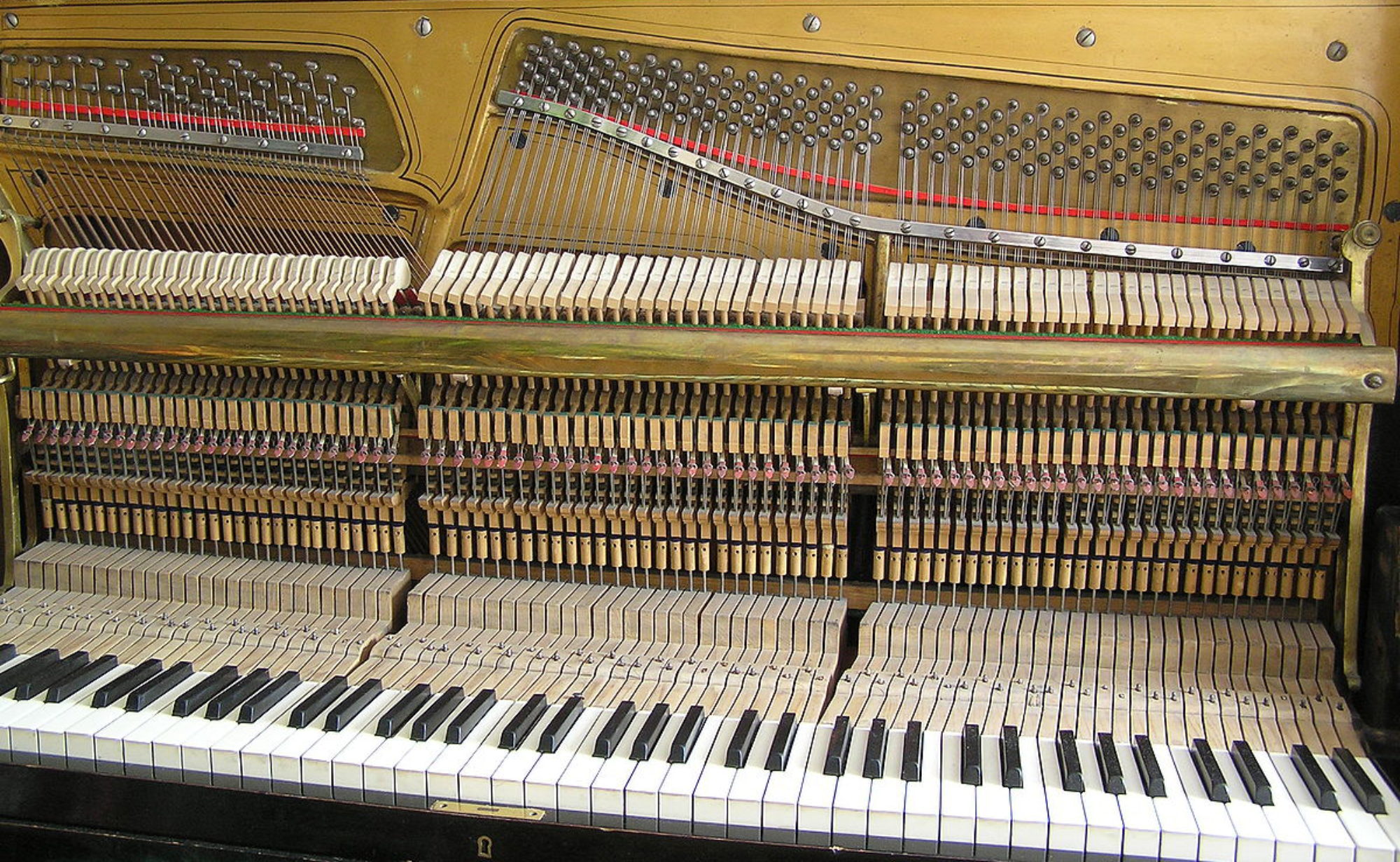 In late 1920, composer and scholar Charles Seeger, father of the late folk singer Pete Seeger, and his first wife Constance, a violinist, set out with their three sons, including young Peter, on a trip to bring good music to the people, towing a trailer equipped with a pump organ behind a Model T Ford. Together they gave recitals and small concerts, sometimes for money and sometimes for free. While in North Carolina the roads became impassable and they parked their trailer for the winter in woods owned by a family named MacDonald. During that season the Seegers played classical music for their hosts and in turn were treated by the MacDonalds and their neighbors to music on banjos and fiddles.
In late 1920, composer and scholar Charles Seeger, father of the late folk singer Pete Seeger, and his first wife Constance, a violinist, set out with their three sons, including young Peter, on a trip to bring good music to the people, towing a trailer equipped with a pump organ behind a Model T Ford. Together they gave recitals and small concerts, sometimes for money and sometimes for free. While in North Carolina the roads became impassable and they parked their trailer for the winter in woods owned by a family named MacDonald. During that season the Seegers played classical music for their hosts and in turn were treated by the MacDonalds and their neighbors to music on banjos and fiddles.
Prior to this Mr. Seeger thought folk music “didn’t exist…except in the minds of a few very old people, who would die shortly and then there wouldn’t be any.”
This encounter seems to have had a profound effect on Seeger. These people had their own music, and it was precious to them. They didn’t need his. Seeger’s many accomplishments include helping to start the Society for Ethnomusicology, which studies the widest possible range of music and seeks to understand why it is important to those who hold it in trust.
This experience and other encounters with folk music seem to have had a  profound effect on little Pete Seeger, who went on to be a major force in American music. Through his friendship with Woody Guthrie and his involvement in groups such as the Almanac Singers and the Weavers, he was at the center of the folk music revival.
profound effect on little Pete Seeger, who went on to be a major force in American music. Through his friendship with Woody Guthrie and his involvement in groups such as the Almanac Singers and the Weavers, he was at the center of the folk music revival.

